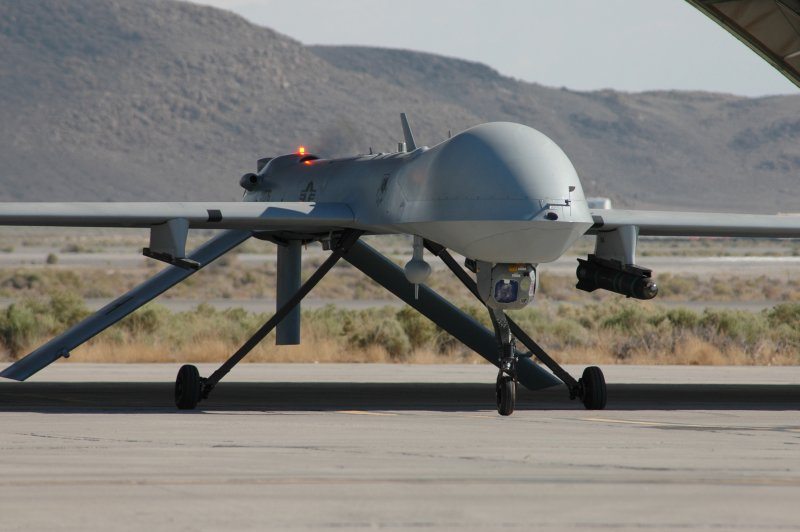Deputy Defense Secretary Ashton B. Carter has released a memo directing the services and defense agencies to begin planning for possible upcoming budget challenges.
The memo allows defense components to freeze civilian hiring, terminate temporary hires and reduce base operating funds. It also allows components to curtail travel, training and conferences and to curtail administrative expenses.
The memo — dated today — points to the threat of sequestration and the continued use of a continuing resolution as a way to fund the department. Sequestration was to have become effective Jan. 2, but Congress delayed its activation until March 1 to give lawmakers more time to come up with an alternative. It would impose major across-the-board spending cuts.
Since Congress did not approve an appropriations act for fiscal 2013, the Defense Department has been operating under a continuing resolution and will continue to do so at least through March 27. Because most operating funding was planned to increase from fiscal 2012 to fiscal 2013, but instead is being held at fiscal 2012 levels under the continuing resolution, funds will run short at current rates of expenditure if the continuing resolution continues through the end of the fiscal year in its current form, Carter wrote in the memo.
Given this budgetary uncertainty, the department must take steps now, the deputy secretary said.
“I therefore authorize all Defense components to begin implementing measures that will help mitigate execution risks,” the memo reads. “For now, and to the extent possible, any actions taken must be reversible at a later date in the event that Congress acts to remove the risks. … The actions should be structured to minimize harmful effects on our people and on operations and unit readiness.”
The memo allows components to review contracts and studies for possible cost savings, to cancel third- and fourth-quarter ship maintenance, and to examine ground and aviation depot-level maintenance. This last must be finished by Feb. 15.
It also calls on all research and development and production and contract modifications that obligate more than $500 million to be cleared with the undersecretary of defense for acquisition, technology and logistics before being awarded.
For science and technology accounts, the components must provide the undersecretary and the assistant secretary of defense for research and engineering with an assessment of the budgetary impacts that the budgetary uncertainty will cause to research priorities.











